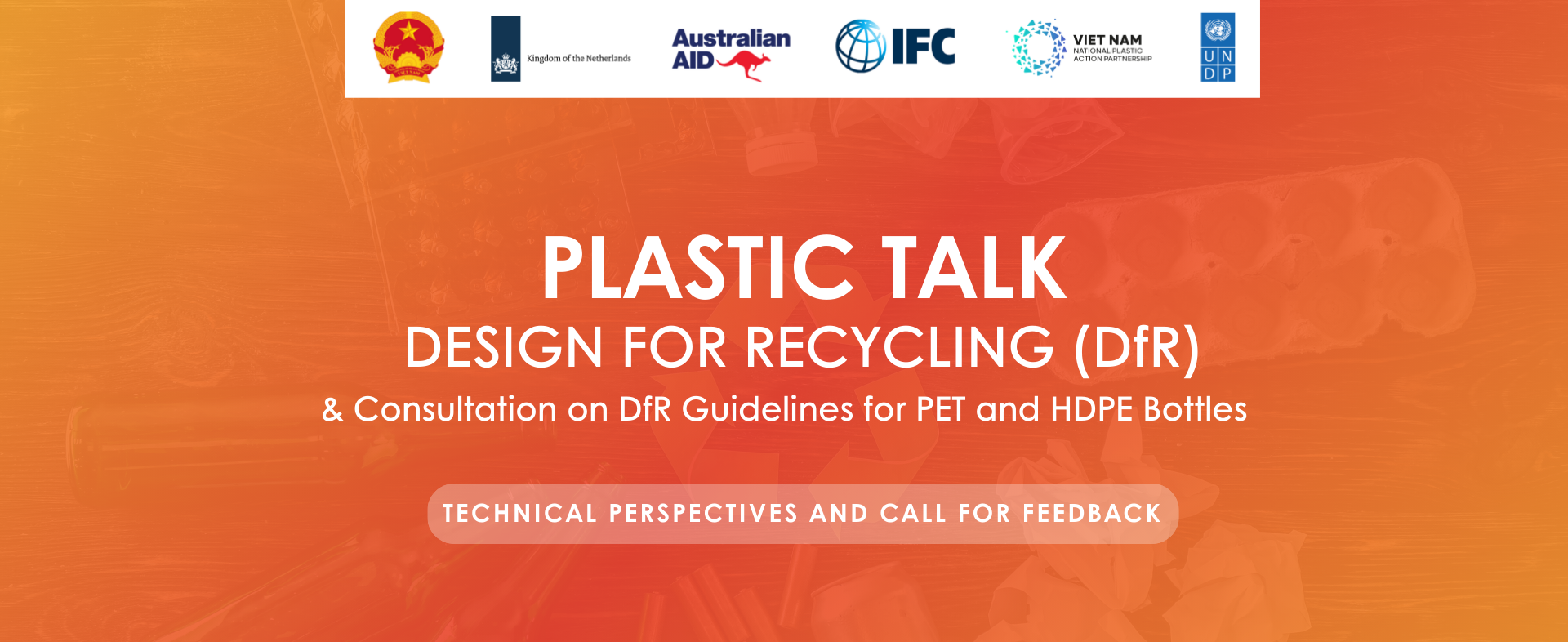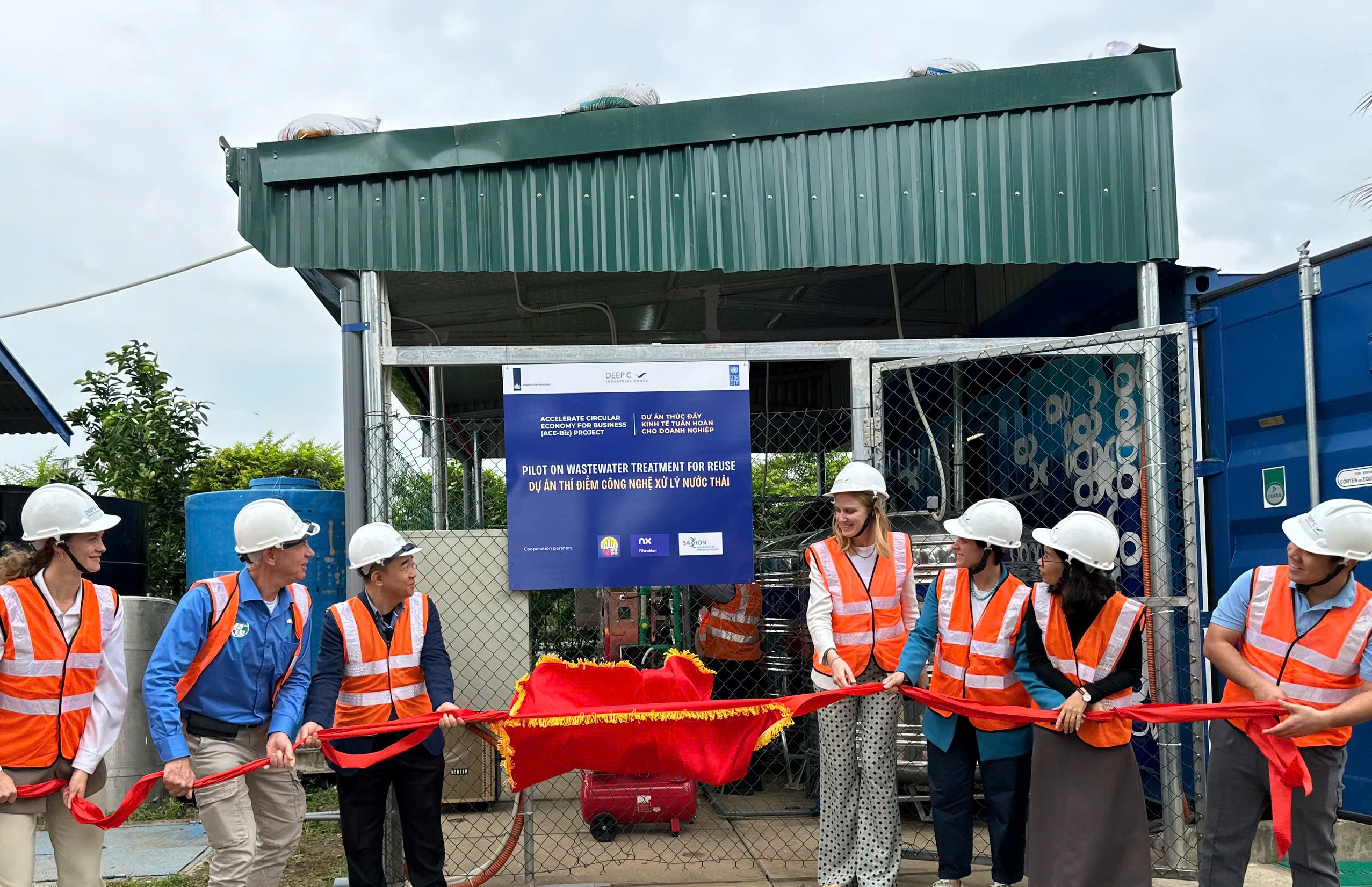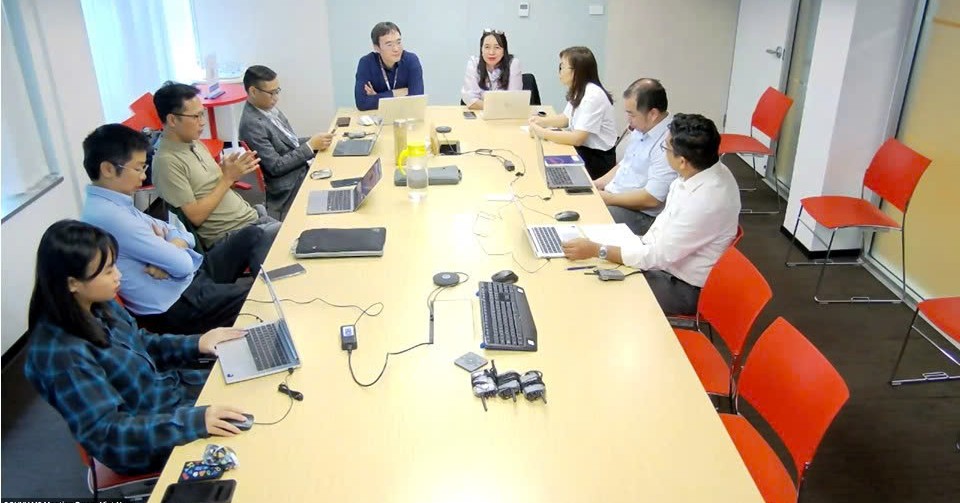
Vietnam has demonstrated a strong commitment to environmental protection and sustainable development in the international arena. At COP26, Vietnam announced an ambitious target of achieving net zero emissions by 2050 and reducing emissions by 8% by 2030. These figures not only demonstrate our determination but also reflect our responsibility to the international community and to future generations. To achieve these goals, we need to implement a series of specific policies and solutions. Building orientations and legal regulations for the development of circular economy is one of the efforts to realize these commitments in Vietnam. Currently, to specify the roadmap for implementing circular economy, the Ministry of Natural Resources and Environment has been developing and submitting to the Prime Minister for consideration and promulgation the National Action Plan on Circular Economy (NAPCE). Identifying priority areas, roadmaps and specific solutions associated with the characteristics of each area is necessary according to the provisions of Article 139 of Decree No. 08/2022/ND-CP.

In the process of researching and implementing research and proposing policies and laws on circular economy in Vietnam, the research team found that the Material Flow Analysis (MFA) method is a powerful tool to help policymakers make decisions more scientific and accurate. MFA allows us to better understand resource flows, detect potential environmental problems, and provide important technical data for decision-making and planning. However, the implementation in Vietnam has shown that one of the biggest challenges in applying MFA is the issue of data collection. In particular, in countries like Vietnam, the availability and quality of data are still limited. This is a factor that can be improved through multi-dimensional cooperation and experience sharing from domestic and foreign stakeholders.




















